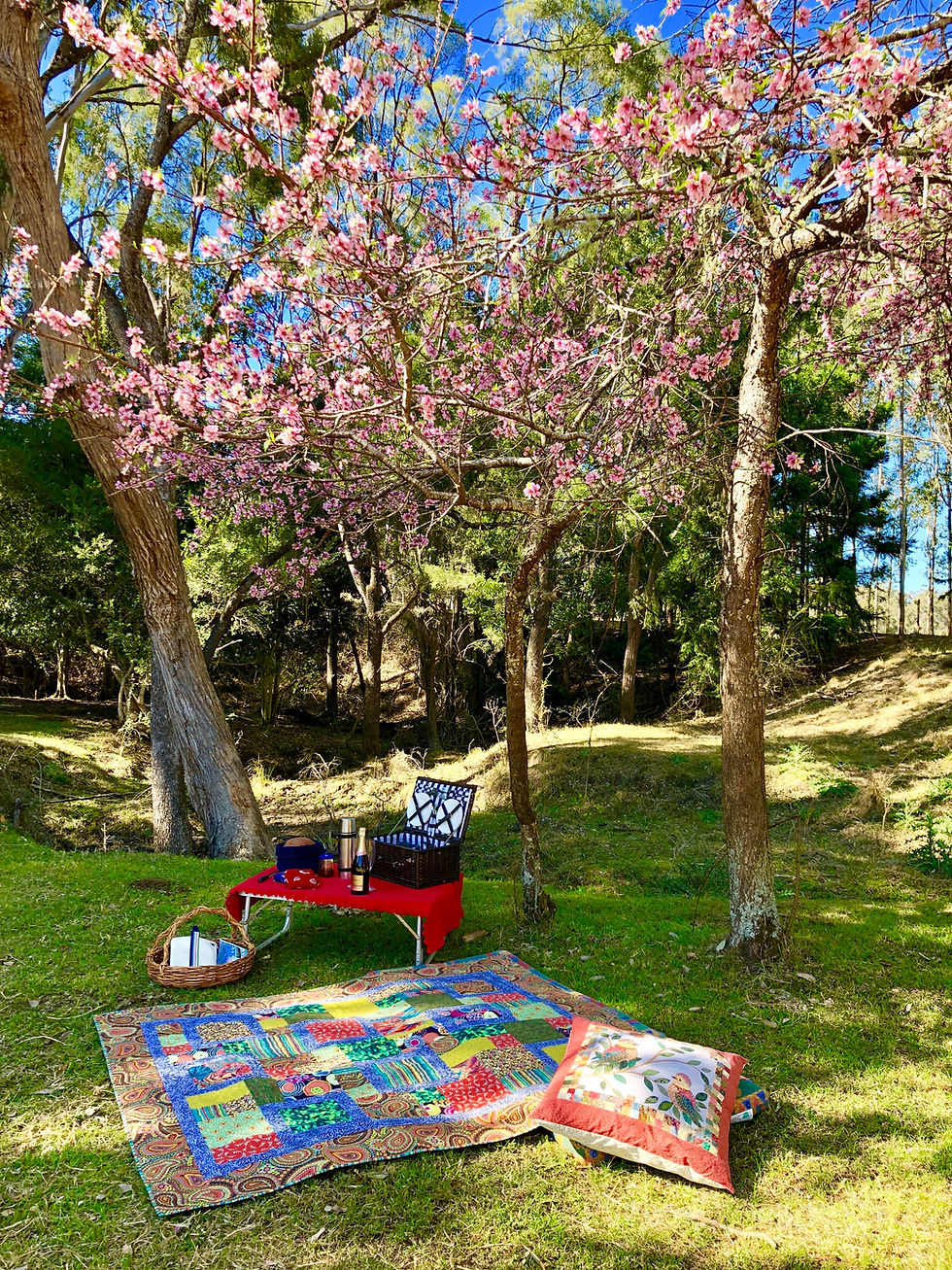Plenty of things to learn
- Jodie Redcliffe

- Aug 25, 2018
- 3 min read
We knew Big Bluff was going to be a monumental challenge. We spent 30 years getting our last farm completely streamlined so that we could actually live off farm. One of our five year plans was that when Pip (our youngest) was first year uni, we would go live in France for six months. When we were in France on my Nuffield studies we had found the most stunning little village whilst looking for Bresse chicken (the best tasting chicken in the world). I’ll write a specific blog about it and put the link in here: Bresse chicken and the town of Annecy.
So in 2016 we ticked the goal of living in France off the list. Even though it only ended up being 6 weeks, we lived in Annecy and shopped in the market, got to know the little restaurants, and really understood that little part of the world.
Back on the farm we had good staff in place, on-farm and in-shed cameras linked to our mobile phones, and computers that could be remotely monitored and parameters changed from afar. Everything I was doing could be done by email and teleconference - if we complain that we are constantly in work-mode and always reachable, then I reasoned that it could be used to our advantage. All it took was getting used to the time difference.
So it seem a little ironic that here at Big Bluff, we need to be here. There are a lot of moving parts, and a lot of animals depending on us to look after them. We don’t have permanent staff yet (although we’ve already had a couple of excellent backpackers!). We don’t have automatic systems and the internet’s a little too patchy for our liking. But we’ve done our share of jaunting around the world and now it’s time for a different challenge: getting this place up and running how we can see it in our mind’s eye.
There has been plenty to learn. The first and most important thing so far is learning about the grass. When you are cattle farmers, you are grass farmers. This land feels very familiar to me from a childhood spent in Killarney at Pa and Grandma’s dairy, but it is different grass than on our last farm. It is a different climate from where I’ve lived for 30 years. We need to settle into the seasons here, see what the climate is like. How cold does it get? Does it frost? What is frost exactly? Well, the locals tell me that this winter we have had an unusual number of frosts - we have stopped counting now at over 40. I’m getting used to what it looks like now!
Then there is the elephant in the room. The Drought.
No it hasn’t rained for quite a while.
Yes, there have been plenty of frosts which have burned off the grass in the paddock.
Yes we are feeding our cows, and watching their condition like hawks.
Yes, we need rain.
We need warm weather and rain and then the grass will grow again, and the cycle of seasons will roll around again.
We are learning. In agriculture these days, nothing is a certainty. The superlatives keep coming: Coldest day in X years. Driest winter in X years, etc, etc. It is about how we cope with what is thrown at us, because we are all we’ve got. We are no different from hundreds of other farmers. We will do our best, and we will enjoy the learning experience that we have signed up for. We will enjoy the unexpected and beautiful experiences that this climate brings: clear and colourful sunrises, fruit trees of pink blossoms, ferns and moss in the shaded creekways and underneath that frosted grass, green clover and kikuyu starting to peek through to give us hope for the spring around the corner.






Comments